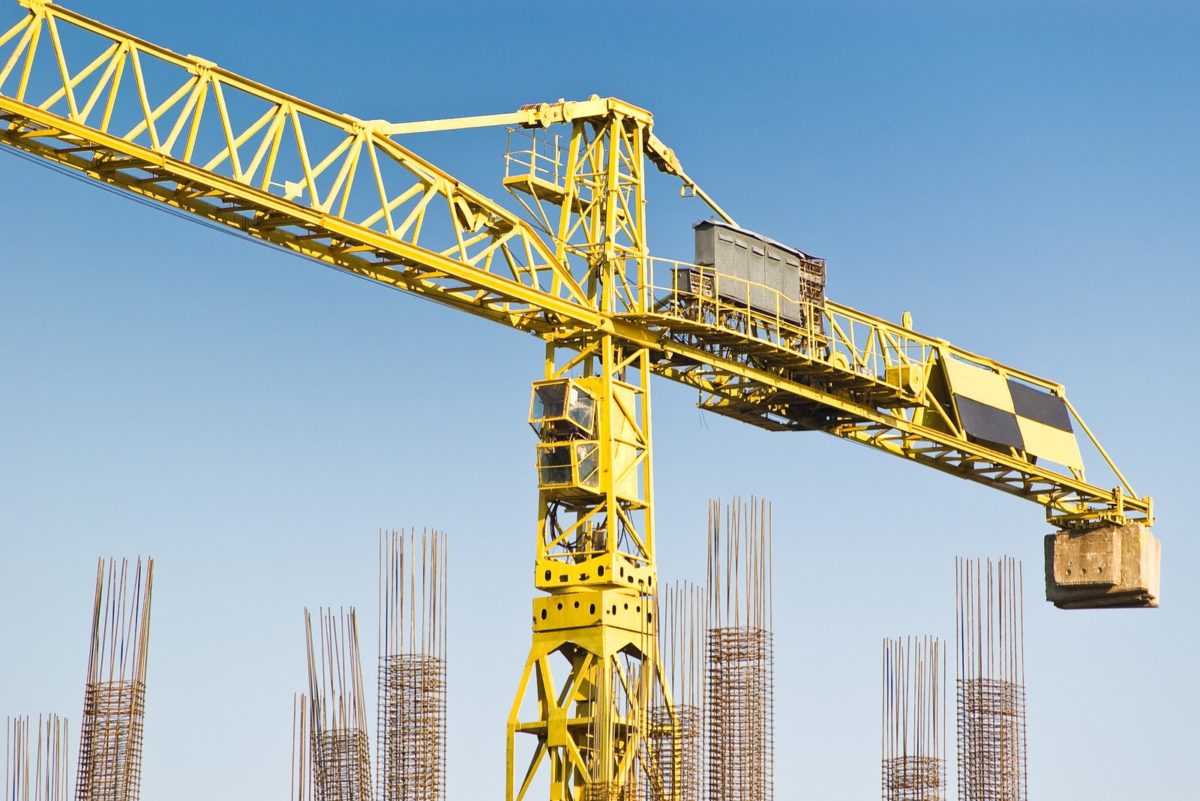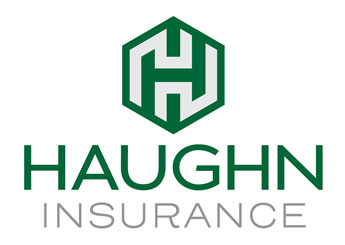
With U.S. construction spending hitting a record high in December 2017, according to a survey from Construction Dive, it’s important to know whether offsite construction is right for your business. Offsite construction is when the planning, designing, fabricating, transporting and assembling of building elements is done somewhere else, as a means of saving the time of on-site construction, according to the Whole Building Design Guide.
Offsite construction has become increasingly popular these days. However, there are some insurance kinks that need to be worked out due to its more complicated nature than standard construction. There are still some exposures that have to be discussed with insurers and commercial construction professionals. Here’s a guide to some of the insurance risks of offsite construction, courtesy of Construction News.
Reactive Insurance Industry
Although cheaper construction methods can offer some pros, these come with cons. When dealing with cheaper techniques, there’s always a trade off that offers a quicker return on finance take over from more tried, traditional and tested methods. The insurance industry is more reactive than proactive. Offsite construction is causing insurers to reconsider the long-standing debate about life safety versus property protection, especially with regulations being more concerned about building performance. Long story short, the introduction of new methods has posed a strong uncertainty among insurance companies.
Uncertainty
New construction methods have brought about uncertainty in how an insurance underwriter assess risk. There has been evidence that a number of materials used in offsite construction are more susceptible to water damage and others pose a greater fire risk. That’s why insurance companies want to know how vulnerable materials can be to arson. Other risks include a small incident causing a disproportionately high loss and increased claim costs. There’s also the issue of water damage with new construction methods, which includes flood and storm damage.
Teething Problems
Anything that’s offsite is also prone to having a series of hitches caused by the steep learning curve for contractors using new materials and assembly techniques. Another thing to think about is whether a manufacturer goes out of business. What happens when one can’t find the parts that they need? If that happens, your business might be out of luck. To top it off, offsite construction can be more costly to cover in the long run. While you might cut costs on materials, your insurance premiums will be a lot higher.
Greater Risk
Long story short, you can cut costs on materials with faster, offsite construction. However, you’re going to be put at risk. If something goes awry, it will negatively impact all aspects of development and overall cost. If fire risk and other issues are tackled by manufacturers, then insurance companies might have a more relaxed view on the topic. That’s why it’s so important to have commercial construction insurance.
No matter how you choose to carry out your business’s construction, make sure that your operation is protected by a commercial insurance program for the construction industry. You cannot prevent all accidents, but you can make sure that you have coverage for when they do occur.
About Haughn & Associates
Founded by Michael Haughn in 1986, Haughn & Associates is a full-service, family-owned, independent insurance agency based out of Dublin, Ohio. H&A strives to provide the best possible price and unique insurance solutions across a myriad of industries, including construction, IT, Habitation & Commercial Property, Agriculture, and Engineering. Devoted to providing the best of business insurance, life and disability insurance, personal insurance, employee benefits, and bonds, H&A is proof that success lies in long-standing client relations and satisfaction. To learn more about how H&A can be of service to you, contact us at (877) 802-2278.

